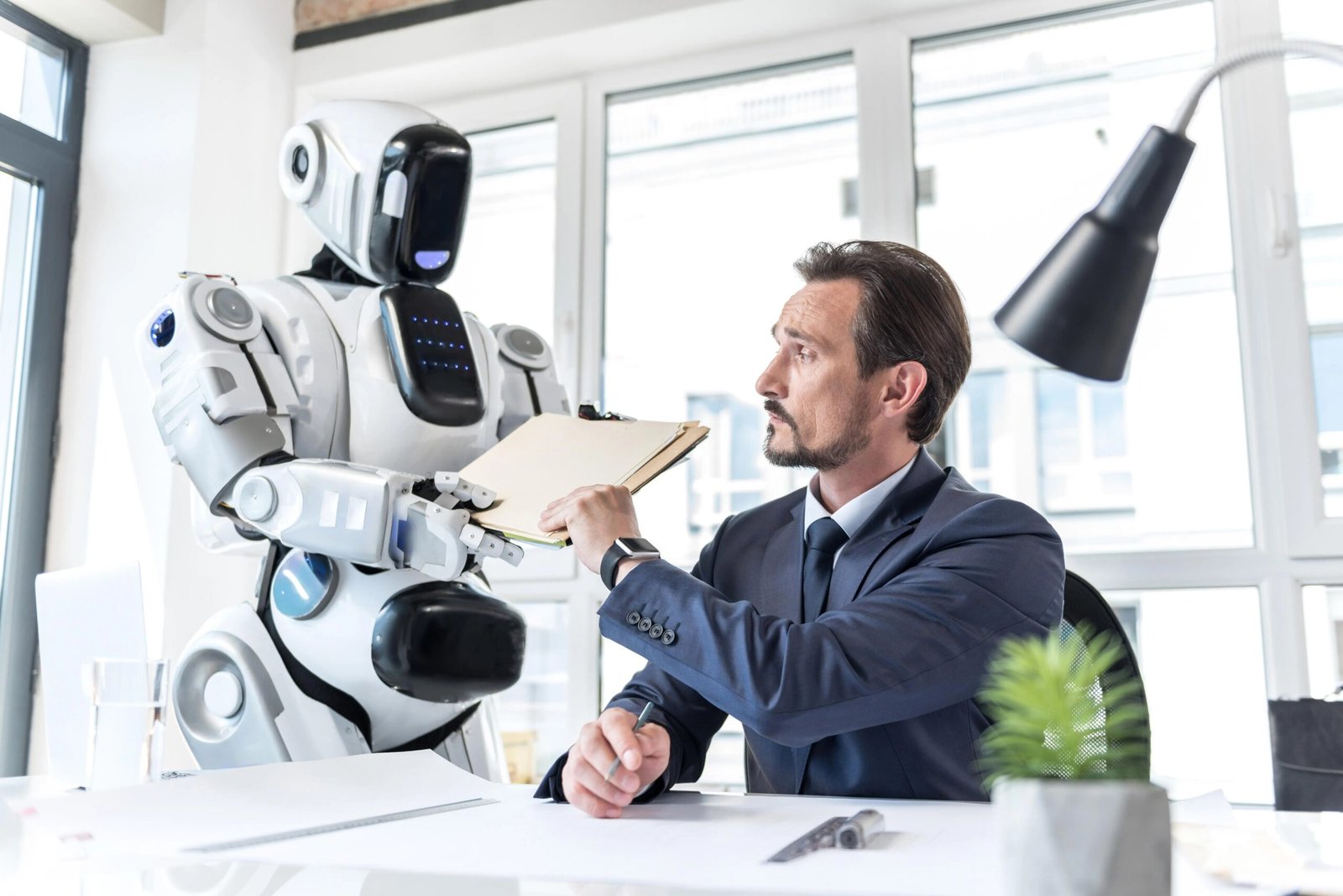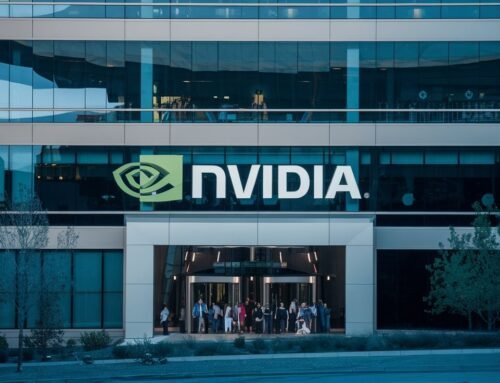In the rapidly evolving landscape of the 21st century, artificial intelligence (AI) and robotics are set to redefine the nature of work. As technology advances, these innovations promise to revolutionize various industries, altering job roles, creating new opportunities, and presenting challenges that society must address.
The Rise of Automation
AI and robotics are driving automation, a process that replaces human tasks with machines or algorithms. This shift is already noticeable in manufacturing, where robots handle repetitive tasks with precision and efficiency. For instance, automotive factories utilize robots for assembly lines, drastically improving production speeds and reducing human error.
In addition to manufacturing, automation is penetrating other sectors such as logistics and supply chain management. Warehouses now employ robots to pick and pack items, streamlining operations and cutting costs. The use of AI algorithms in inventory management optimizes stock levels and predicts demand, enhancing overall efficiency.
Transformation of Job Roles
As automation takes over routine tasks, job roles will evolve. Workers will increasingly focus on tasks that require creativity, problem-solving, and emotional intelligence—areas where AI and robots currently fall short. For example, customer service representatives might shift from handling repetitive inquiries to managing complex interactions and resolving issues that require a human touch.
Moreover, AI’s ability to analyze vast amounts of data will create new roles in data science and machine learning. These professionals will develop and fine-tune algorithms, ensuring they function correctly and ethically. Similarly, robotics engineers will design and maintain advanced robotic systems, creating a demand for specialized technical skills.
Emerging Opportunities
While automation may displace certain jobs, it also generates new opportunities. The rise of AI and robotics is fostering growth in sectors such as healthcare, where robotic surgery and AI diagnostics are becoming more prevalent. This innovation improves patient outcomes and creates demand for professionals skilled in these advanced technologies.
Furthermore, the expansion of AI and robotics necessitates a robust ecosystem of support services. This includes software developers, cybersecurity experts, and ethicists who ensure that AI systems operate safely and ethically. As a result, the tech sector will see significant growth, with various career paths emerging in response to new technological needs.
The Need for Reskilling
The transformation brought about by AI and robotics highlights the importance of reskilling and upskilling the workforce. Educational institutions and training programs will play a crucial role in equipping individuals with the skills required for the future job market. Emphasizing skills such as coding, data analysis, and robotics maintenance will be essential for staying relevant in an evolving job landscape.
Additionally, soft skills such as critical thinking, creativity, and interpersonal communication will become increasingly valuable. As AI and robotics handle technical and repetitive tasks, human abilities to innovate and connect with others will be critical in driving progress and maintaining a competitive edge.
Ethical Considerations and Challenges
The integration of AI and robotics into the workforce brings ethical considerations. Issues such as job displacement, data privacy, and algorithmic bias must be addressed to ensure that technological advancements benefit society as a whole. Policymakers, businesses, and technologists must collaborate to create frameworks that promote fair and responsible use of these technologies.
Conclusion
AI and robotics are set to transform the future of work profoundly. While automation will alter job roles and displace some positions, it will also create new opportunities and demand for specialized skills. By embracing reskilling, fostering innovation, and addressing ethical concerns, society can navigate this transformation successfully and harness the potential of AI and robotics for positive change. As we move forward, adaptability and forward-thinking will be key to thriving in the dynamic world of work that lies ahead.







Leave A Comment